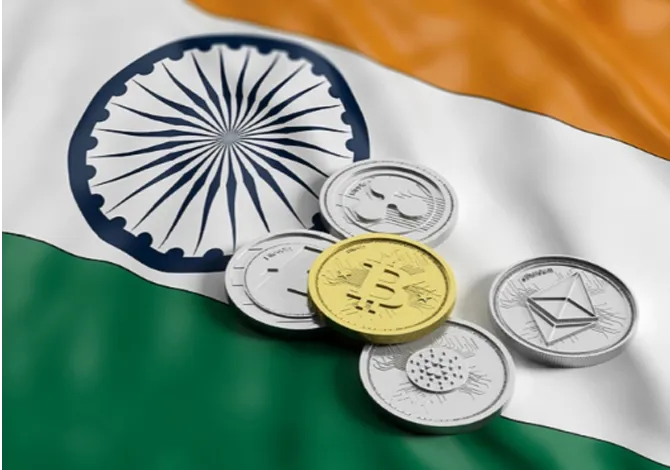Now Reading: Regulatory Developments on the Horizon for Cryptocurrency in India
-
01
Regulatory Developments on the Horizon for Cryptocurrency in India
Regulatory Developments on the Horizon for Cryptocurrency in India

India’s cryptocurrency journey is entering a crucial phase as discussions around regulation gain momentum. For years, investors have operated in a space filled with uncertainty, balancing excitement with risk. Now, the government’s push to bring clarity through policy and taxation frameworks has become a central focus, raising both hopes and concerns among those involved in the digital asset market.
One of the most pressing aspects is taxation. The government has already brought cryptocurrencies under the category of virtual digital assets, imposing taxes on profits. However, investors still await clearer rules on reporting requirements, cross-border transactions, and the treatment of different crypto products. This uncertainty has kept many cautious, particularly small-town investors who are new to the ecosystem.
The push for regulation is also tied to safety and accountability. Authorities are concerned about fraud, scams, and the misuse of digital currencies. At the same time, regulators recognize the potential of blockchain technology in financial inclusion, especially in Tier 2 and Tier 3 cities where traditional banking infrastructure is limited. Finding a balance between innovation and control is the challenge ahead.
Market players are divided in their expectations. Some believe that a strong regulatory framework will legitimize crypto trading and attract institutional investors, while others fear that over-regulation could stifle innovation and discourage young entrepreneurs who are driving growth in the sector.
Despite the debates, one thing is clear: regulation is inevitable. India’s leading role in global crypto adoption makes it essential to create rules that protect investors without shutting down opportunities. Tier 2 cities, where digital literacy is expanding rapidly, stand to benefit the most if policies are designed with inclusivity in mind.
As the country moves toward a more defined regulatory path, the crypto community is watching closely. The coming years will decide whether India positions itself as a global hub for digital finance or maintains a cautious approach. Either way, the regulatory horizon will shape the future of how Indians engage with cryptocurrencies.

























